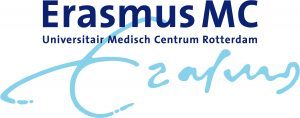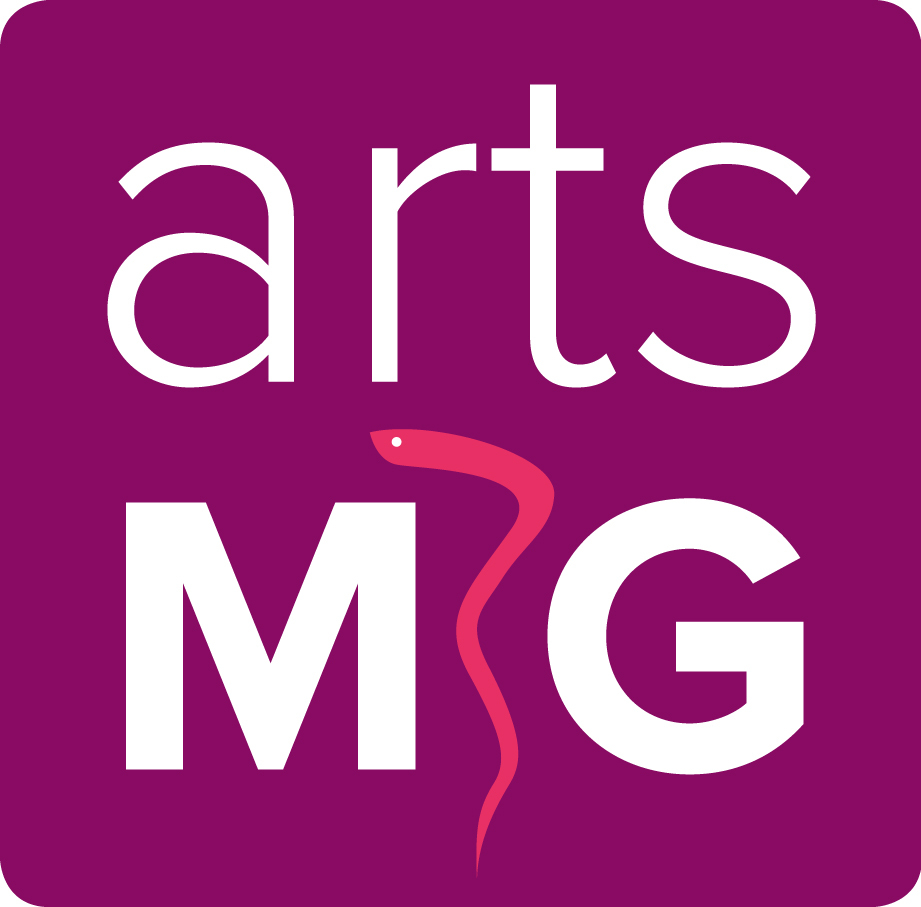Erasmus Universiteit Rotterdam – Erasmus mc
Department of Public Health
Our mission is to conduct outstanding research and provide excellent education with a discernible impact on population health at the local, national and international level. Our goals are to produce high-quality scientific publications on relevant and innovative topics, to provide excellent education that teaches students how to tackle current public health problems, and to disseminate our knowledge and expertise to support evidence-based public health policy and practice.
Research
Our research activities are embedded in two main programmes: ‘Determinants of population health and primary prevention’ and ‘Effects of screening and medical interventions on population health’.
The aim of the ‘Determinants of population health and primary prevention’ is to better understand the social and physical determinants of population health, and to develop effective primary preventive interventions to improve population health. These interventions are applied in the community, schools, working environments and health care settings.
The programme ‘Effects of screening and medical interventions on population health’ is aimed at contributing to population health by evaluating the process, effects and cost-effectiveness of health care interventions, including screening programmes, clinical interventions, palliative and end-of-life care, and efforts to control infectious disease.
Here follows an overview of our research lines, with emphasis on the topics with closest links to social medicine:
- Youth health care
Our research supports healthy growth and development of all children. We also apply the pro-active, preventive public health approach with a combination of health and social care to other vulnerable groups such as citizens with multiple chronic conditions and frailty.
Worldwide, socioeconomic inequalities in health and health care exist. We focus on the mechanisms that cause health inequalities among families with children, older people, and other vulnerable groups in the Netherlands, Europe and other countries.
We collaborate in the Generation R birth cohort and the INRICH network to study the mechanisms that play a role regarding health inequalities. Our focus is on the promotion of healthy lifestyles obesity prevention, determinants of health-related quality of life, and the evaluation of integrated, value-based health & social care.
Together with professionals, policymakers and individuals we develop, implement and evaluate preventive programmes and policies. For example, in the project Promising Neighbourhoods, together with partners, health inequalities are targeted by a broad community program for a promising, safe, and healthy development of youth. At the national level we have led a consortium integrating knowledge on effectiveness of interventions that promote parenting; we identify the ‘effective elements’ of parenting interventions (CIKEO).
Within the context of the overloaded healthcare and welfare systems, the ability of individuals to take care of themselves has become increasingly important. Therefore, we apply knowledge from child public health in various programmes supporting active and healthy ageing. In the SEFAC-project, the aim is to reduce the burden of individuals with a chronic condition and increase the sustainability of the health system by supporting self-management. The EFFICHRONIC-project aims to provide evidence on the positive return of investment and cost-efficiency of the application of the Chronic Disease Self-Management Programme in five European countries.
- Infectious disease control
Infectious diseases remain an important global public health problem, especially in developing countries. HIV/AIDS, malaria and tuberculosis still challenge healthcare resources. The so-called neglected tropical diseases are far from eliminated, and newly emerging infections surprise the world continuously.
Our main research activities cover neglected tropical diseases (including various species of parasitic worm infections, leishmaniasis and leprosy), as well as tuberculosis, HIV/AIDS, HPV, and other sexually transmitted infections. We also study COVID-19, infectious diseases common in migrant populations in Rotterdam, as well as hand hygiene in healthcare settings and antimicrobial resistance. Our research methodologies include mathematical modelling, epidemiological data analysis, and behavioral studies.
Our ambition is to do research that has tangible influence on policy and practice. For example, our modelling work on the impact of HPV vaccination strategies was part of the reason why the Dutch government has recently decided to also include boys in routine HPV vaccination.
- Pandemic and Disaster Preparedness Center (PDPC)
We can expect many more unforeseen virus outbreaks and extreme events in the foreseeable future. But how do we protect our society from the next pandemic or disaster? Which of the lessons learnt could develop prevention and intervention measures, and how could research contribute to preparedness?
Convergence of the technical, medical and social sciences is essential for developing the next generation of approaches to disasters and pandemics. At the Pandemic and Disaster Preparedness Center (PDPC), academics from a wide range of disciplines carry out cutting-edge research. In addition, they will collaborate with policymakers and practitioners at local, national, and international levels. Through joint efforts of founding partners Erasmus MC, Erasmus University Rotterdam and TU Delft, and other institutions, the PDPC will reduce vulnerabilities and risks and build resilience through effective disaster prevention, preparedness and recovery measures.
https://convergence.nl/pandemic-disaster-preparedness
- Social Epidemiology
Population health varies by social determinants. Understanding and improving population health calls for an inclusion of the social conditions in which people are born, grow, live, work and age in public health research, with a focus on those in the most disadvantaged conditions.
- Occupational health
It is an important challenge to enable persons to work longer in good health, in particular for vulnerable groups. Paid employment is an important determinant of health and health inequalities.
- Evaluation of screening
The demand for and challenges of early detection of diseases is growing rapidly due to technological developments. We aim to quantify the effects of screening for a wide range of diseases to help individuals, clinicians and policymakers make an informed choice about the potential/most optimal implementation of screening and informed (non-) participation.
- Medical Decision-making
Medical decision-making aims to support patients, clinicians and healthcare policymakers in making the best decisions about diagnostic, therapeutic and other medical interventions.
- Medical care and decision making at the end of life
We all die, mostly after a period of illness and decline, during which adequate self-management, multifaceted care from professional and non-professionals caregivers, and sensible medical decision making are of the essence.
- Health Technology Assessment and Implementation
Evidence-based efficiency of curative and preventive care is important to simultaneously optimize health outcomes by improving treatment for patients, while keeping health care costs as low as possible. To achieve this, it is important to improve methods to measure outcome and to study the implementation and evaluation of interventions within health care.
For more information about the department and specific research lines you can also take a look at our website:
https://www.publichealthrotterdam.com/research/research-lines/
https://www.publichealthrotterdam.com/
Questions?
Bianca Vierhout b.vierhout@erasmusmc.nl (secretariaat)
Wilma Stolk: w.stolk@erasmusmc.nl (stage coordinator)
Amy van Grieken: a.vangrieken@erasmusmc.nl (youth health, healthy aging)
Anja Schreijer: a.schreijer@erasmusmc.nl (PDPC)

Erasmus Medisch Centrum
Dr. Molewaterplein 40
3015 GD
Rotterdam

